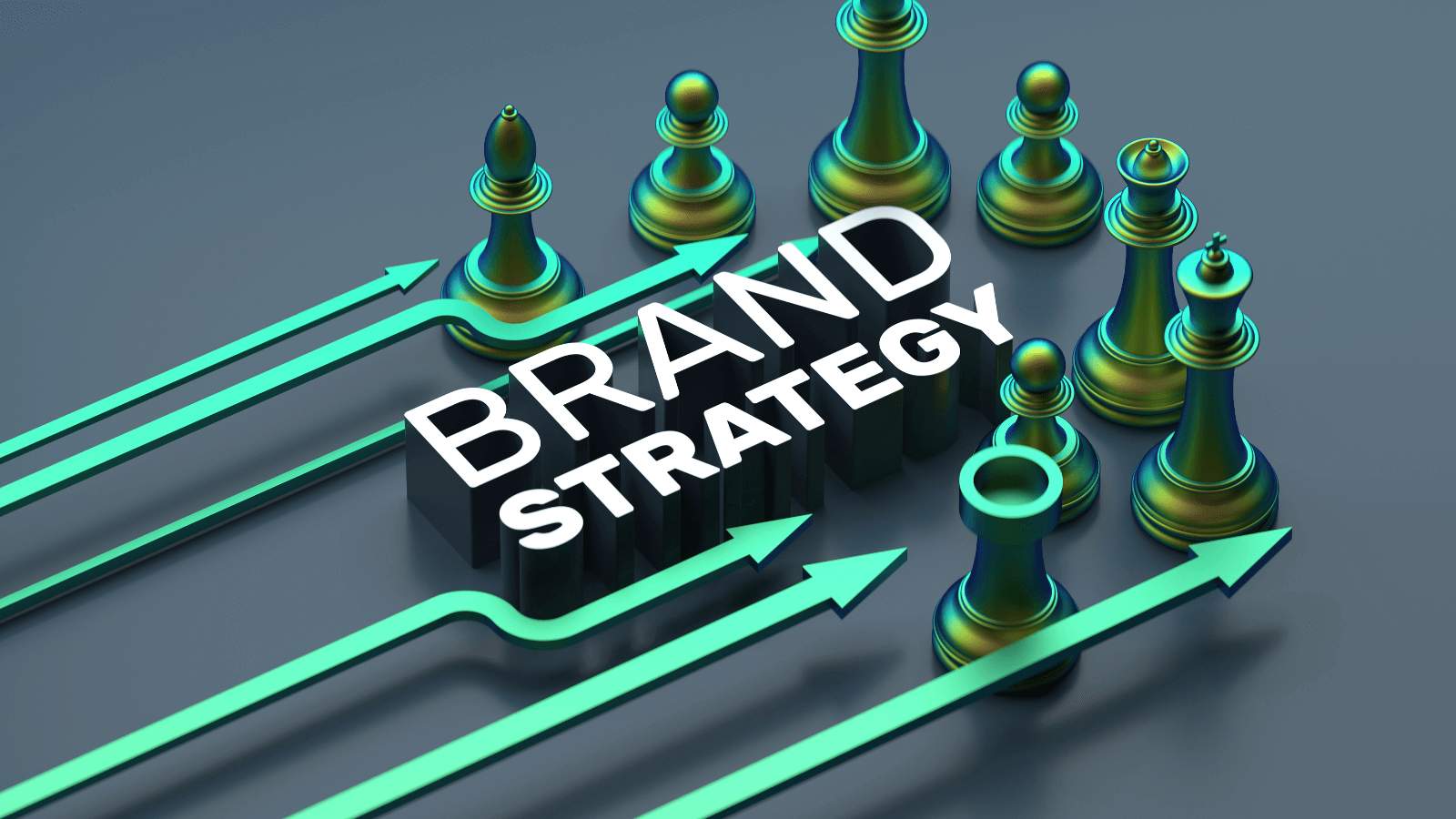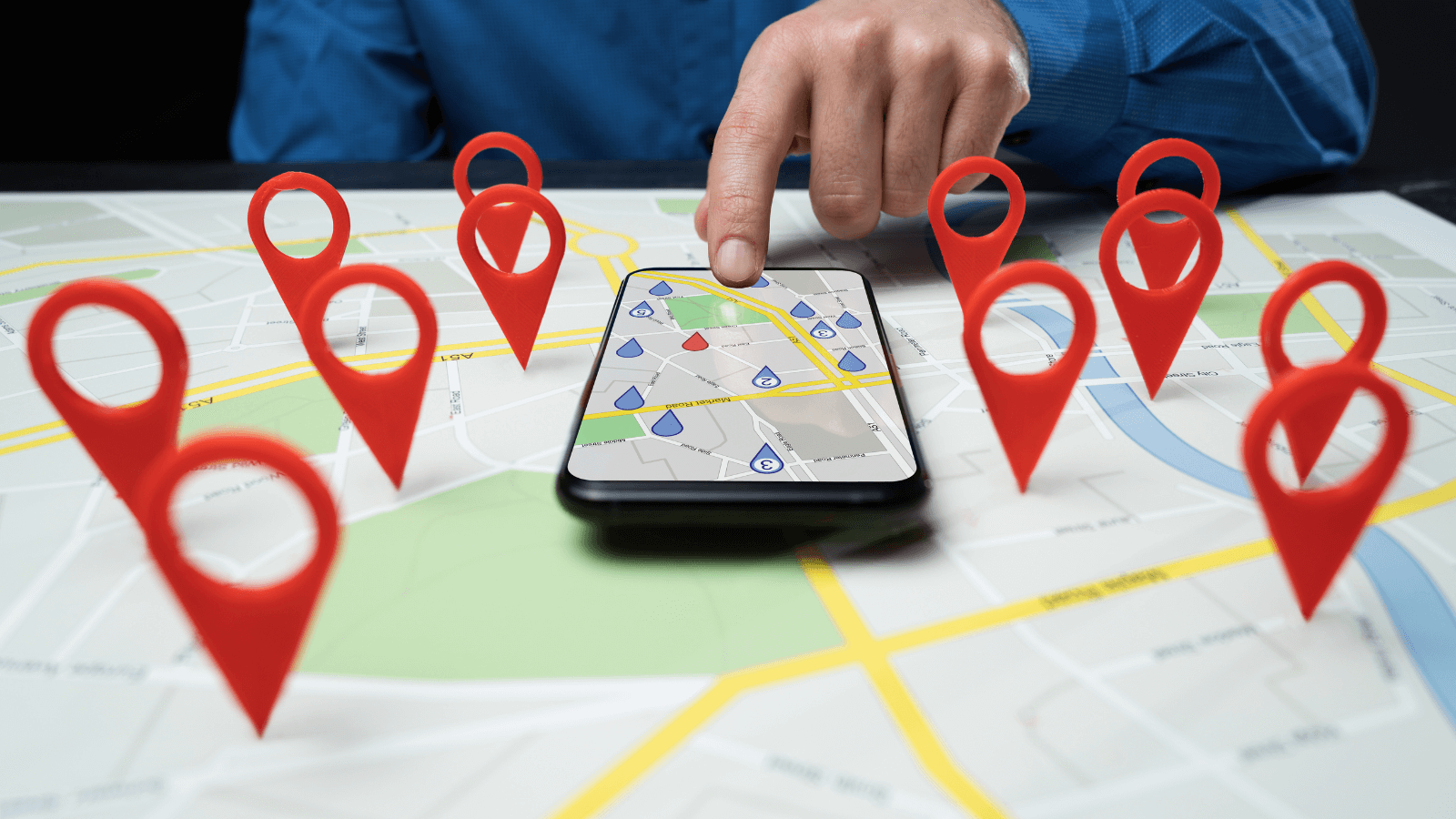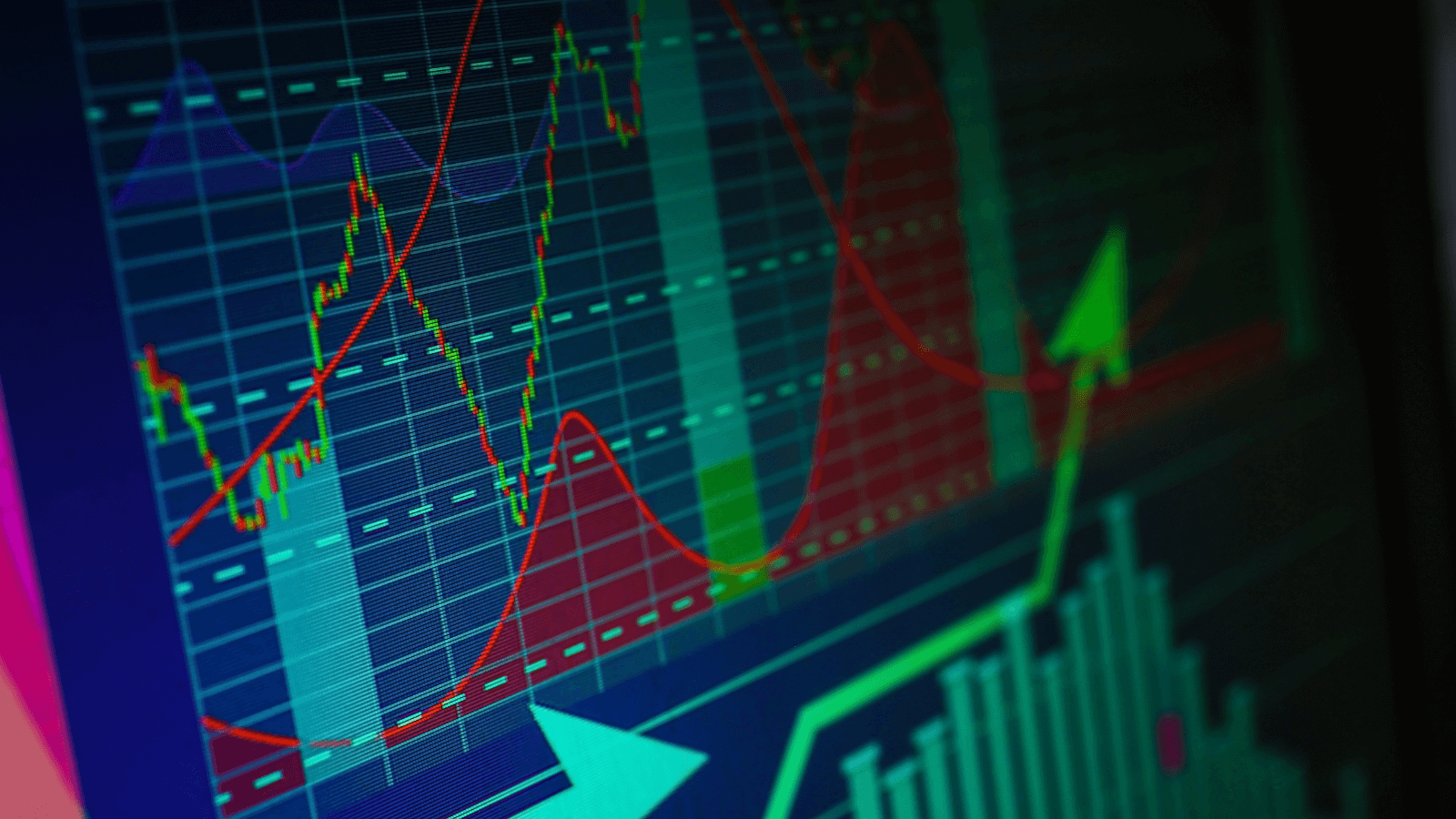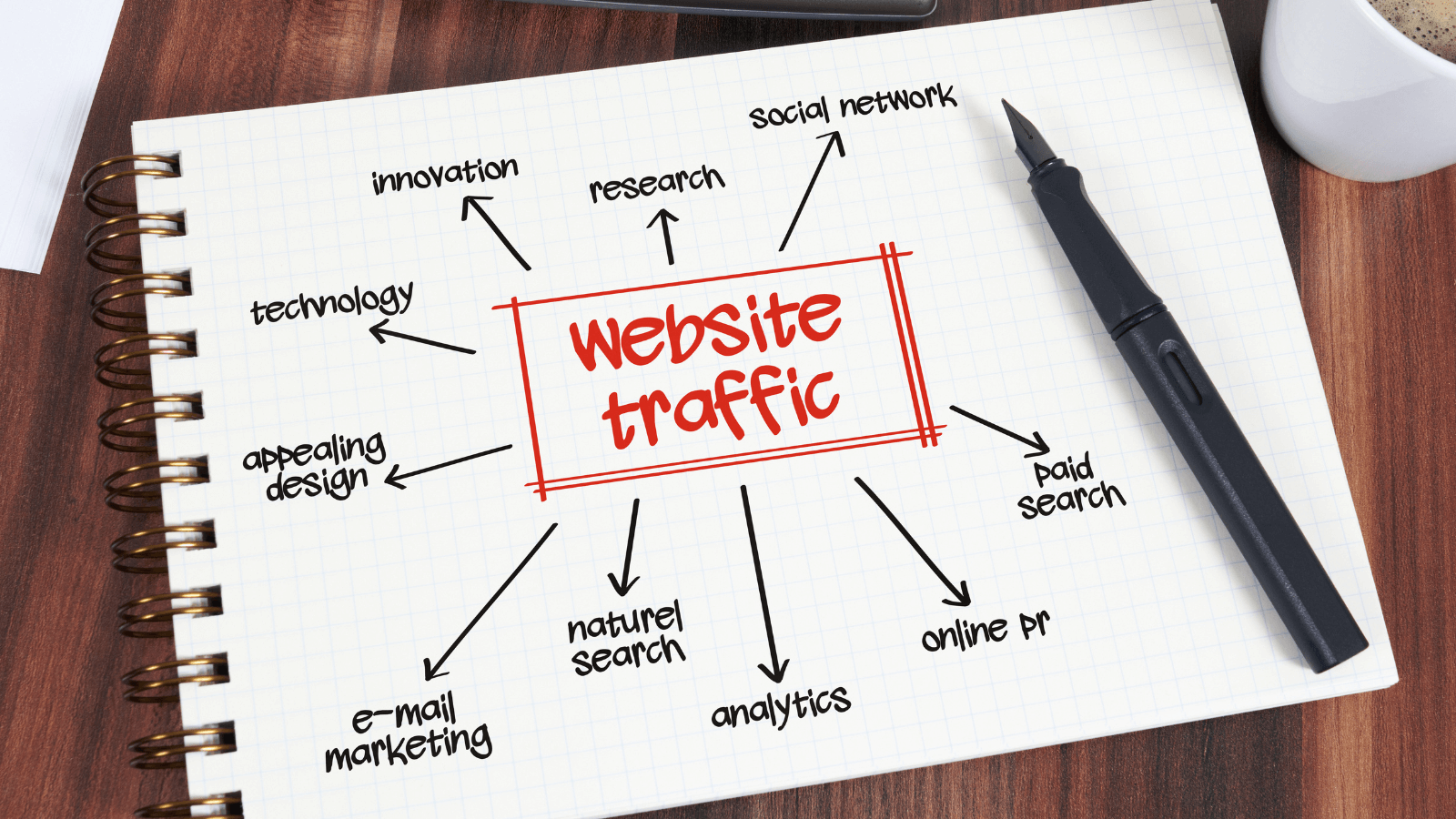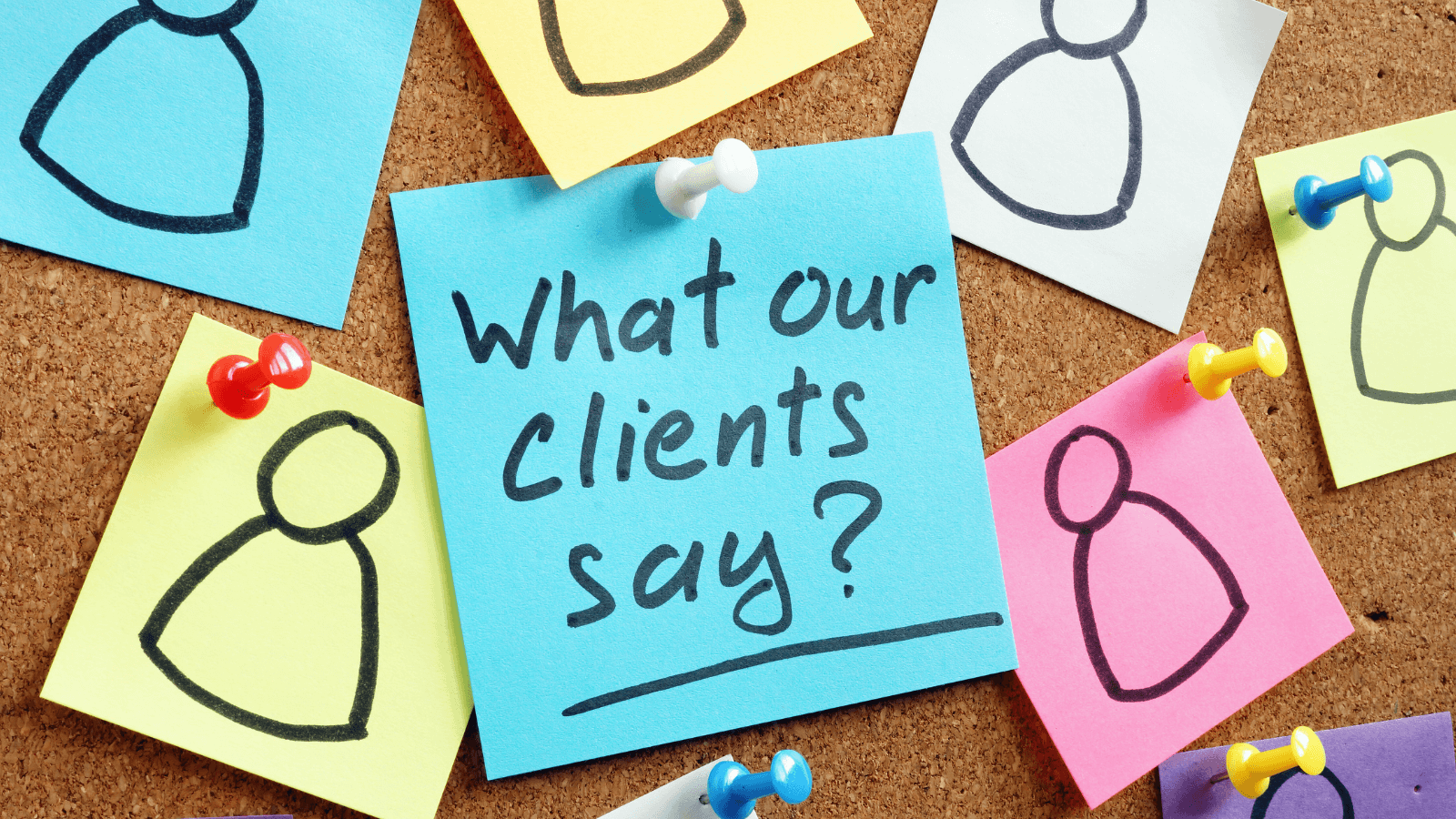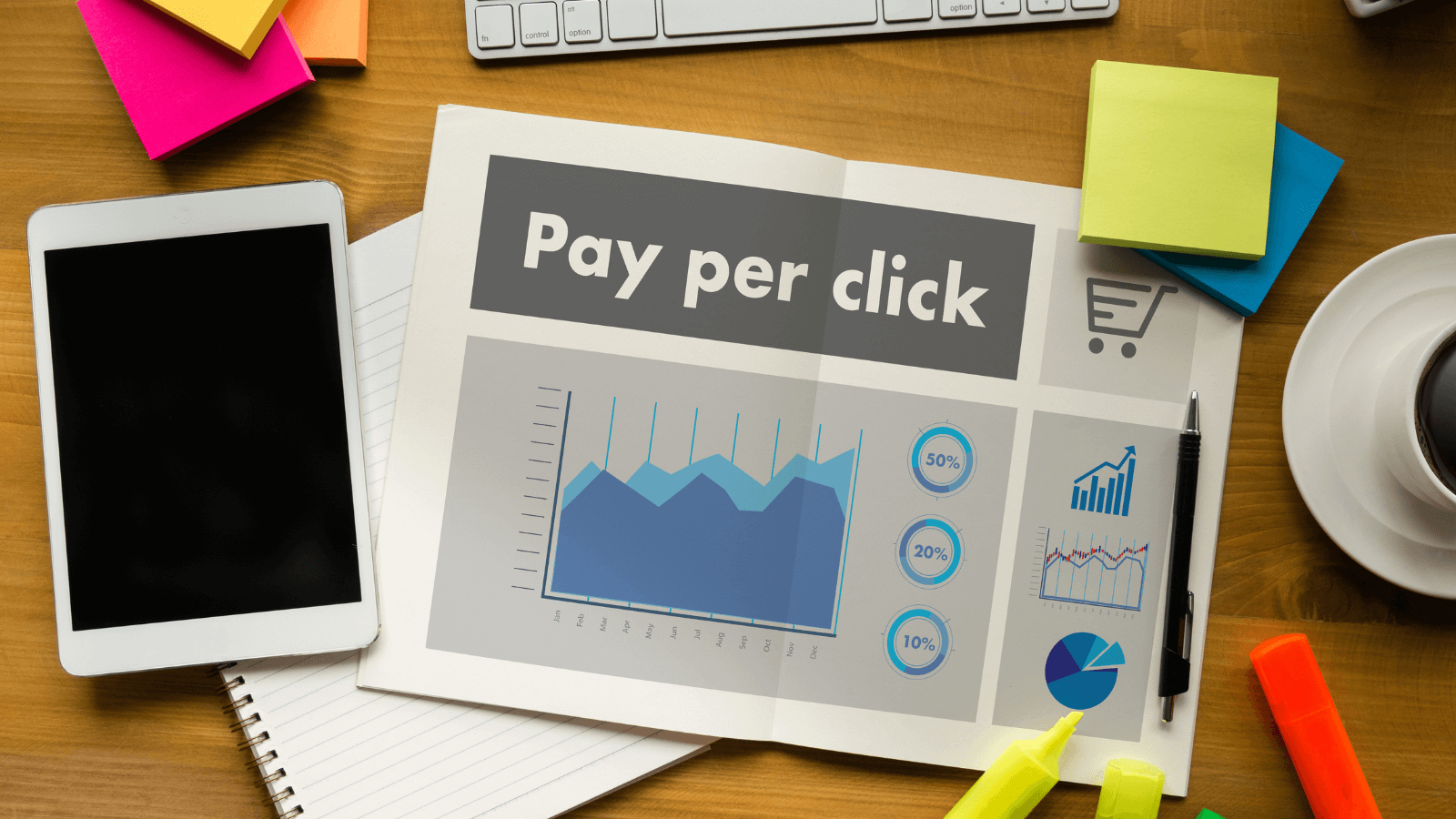In the modern age of search, anything that is said online about your brand matters to your overall visibility and search performance. Anything that potential customers can see about your brand online, search engines can see too, whether it be on a blog talking about your products, a Reddit thread talking about an experience with your brand, or a customer talking about your brand on social media. All of these digital shoutouts, known as brand mentions, have an impact on your visibility in general, but also on your organic search performance.
What are Brand Mentions?
Brand mentions are essentially every time your brand name, your products, your services, or any phrase related to your brand appears online. Brand mentions are how you stay top-of-mind for customers and potential customers online; they are essentially digital word-of-mouth. The same way brand mentions help you stay top of mind with customers, they also serve as signals to search engines that your brand exists.
There are three different types of brand mentions:
Linked Mentions: Any mentions of your brand that include a clickable link directly to your website.
Unlinked Mentions: Any mention of your brand that uses your brand name but does not link to your website.
Implied Mentions: Anytime that someone refers to your brand without saying your brand directly. An example of an implied mention would be someone writing the following about Lays potato chips: “I really enjoy the potato chips that come in the yellow bag with the yellow and red label”.
The Difference Between Backlinks and Brand Mentions
Brand mentions and backlinks both impact SEO in similar, but different ways. Brand mentions are any references to your brand online, linked or unlinked. Backlinks are hyperlinks that lead directly to your site from another high authority site in the hopes of improving your site’s authority.
The two are pretty similar, but have key differences. The first difference is their impact on your SEO. Brand mentions improve your brand recognition and trustworthiness in the eyes of the search engines, whereas backlinks improve your domain’s authority “score” with the search engines.
The second difference is the measurability of each of them. The impact of brand mentions is harder to quantify because they require tools that measure the sentiment and context of each mention. Backlinks can be measured through any traditional SEO tool, and impact can be seen by looking at the improvement in your domain rating.
The third and final difference is the value that each brings to your site and brand. Brand mentions strengthen your brand’s reputation for both potential customers and search engines, which indirectly will boost your search rankings. Backlinks boost your rankings directly, serving as votes of confidence for search engines.
Where Brand Mentions Show up Online
There are a few different ways that these brand mentions can appear online, and they all provide a different benefit for your SEO.
News Mentions
This could be any mention of your brand in a press piece. Even without a link to your site, this brand mention from a high authority source, like a news outlet, still provides SEO value. News outlets have a lot of authority in the eyes of search engines, so when they mention your brand, it serves as a vote of confidence for your brand with search engines. Here is an example of a brand mention for Nike in a news article:

Social Media Mentions
These are any mentions of your brand on social media. While Google and other search engines are not able to see every post on every social media outlet, these posts still help build up digital word of mouth and solidify your brand presence online, even without links to your site. Posts on social media can also lead to more conversations on blogs or forums, which Google and other search engines can crawl, leading to your brand gaining trust with search engines. Here is an example of a social media brand mention for Brooks on X:
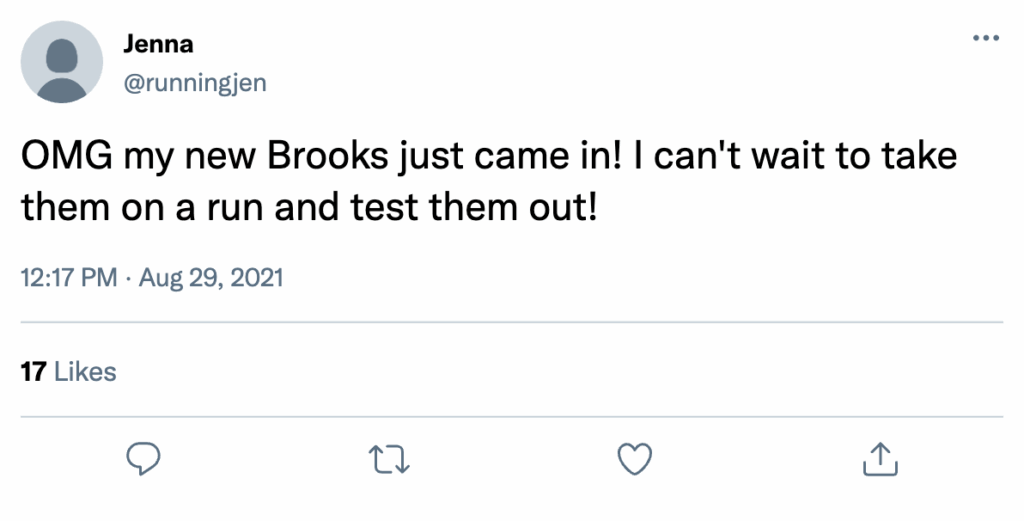
Blog and Forum Mentions
These could be product reviews on blogs, someone adding your brand to a top ten list on their blog, or even people discussing your brand casually on Reddit. All of these mentions, even without direct links to your site, build up contextual authority about your brand in Google’s eyes. Here’s an example of a brand mention on a Reddit thread:

Testimonials and Reviews
These are any online reviews or testimonials that mention your brand, products, or services. These could be reviews directly on your Google Business Profile, reviews on directories like Yelp, or reviews directly on your website. All of these serve as brand mentions, linked or unlinked. These are some of the most powerful brand mentions because potential customers use reviews and testimonials during the purchasing process when deciding where to take their business. Reviews and testimonials also improve your SEO performance by serving as trust signals to search engines, improving your overall organic rankings.
How Search Engines Make Sense of Brand Mentions
You already know that search engines assign value to brand mentions, even without links, but how do they interpret these mentions? Well, there are a few different tools that search engines, like Google, use to interpret every time your brand is mentioned online.
Those tools are:
- Natural Language Processing (NLP)
- Entities
- Knowledge Graph
- EEAT Profiles
Natural Language Processing (NLP)
NLP is how Google reads and interprets natural language. This technology is trained on Google’s AI tools to understand the meaning and context of content online. This helps Google go beyond just looking for keywords and start to understand the meaning behind the words. NLP helps Google understand the relationship between words and the overall tone and sentiment of the words. Here are a few examples of how NLP picks up on the sentiment behind brand mentions using a metaphorical company, ABC Shoes:
Example 1: Someone writes the following on a blog: “I’ve been using these ABC running shoes for weeks and I’ve improved my mile time by 10 seconds”. NLP helps Google decipher that ABC is the brand name, that this mention is generally positive due to existing knowledge of improving mile times, and that this mention is related to the running shoes category.
Example 2: Someone writes the following in a Reddit thread: “I’ve been using these ABC shoes for a week and have gotten blisters every time I run”. NLP would help Google decipher that ABC is a brand name, that this mention is negative through connecting this mention to existing knowledge of blisters, and that the mention is related to the running shoes category.
Entities
Entities are specific people, places, or things that Google recognizes and stores to be retrieved later. Once your brand is mentioned enough in different places that Google crawls, Google will store it as an entity that will be added to the Knowledge Graph. When your brand is stored as an entity, Google will stop seeing your brand as a keyword and start putting your brand into the different contexts you appear in online. This will help Google trust what is being said about you online and help Google fully understand what exactly it is you do.
Being seen as an entity is incredibly important for linkless brand mentions. Think of entities as files that Google saves and adds to and references every time that it sees your brand mentioned. So, when Google sees a linkless brand mention about your brand, it will add the brand mention and the sentiment to your “file” and references the file when serving results for search queries.
Going back to our ABC shoes example, once ABC brand is mentioned enough to become an entity, Google is able to start serving the brand for searches that are related to its category, that are not necessarily its target keywords.
Knowledge Graph
The Knowledge Graph is a database of everything that Google knows and understands. This is where Google stores all of the different entities and the relationships between them.
Here’s how the Knowledge Graph relates to brand mentions: When Google’s crawlers spot your brand mentioned on a website, it connects that mention to the entity “file” that it has in the Knowledge Graph. This file already contains all the information about your brand that Google currently has, and it adds the new mention to the file. This is how Google can connect a linkless brand mention back to your brand and your website.
EEAT Profiles
EEAT profiles are the main way that Google assigns SEO value to brand mentions. Think of this as your brand’s reputation in Google’s eyes. EEAT stands for experience, expertise, authoritativeness, and trustworthiness. These are the guidelines that Google uses to assess your website, and they directly impact your organic search rankings.
All unlinked brand mentions are compiled and added to this profile and to your reputation with Google. When high-authority sources, like news outlets, mention your brand, it signals to Google that you are an authoritative source in your industry, improving your authority and expertise score. When you are consistently mentioned positively in industry blogs or certified reviews, it signals to Google that you are a reputable brand, which improves your trustworthiness score. All of your mentions online are signals that shape the way that Google perceives your brand.
Why Brand Mentions Matter in Modern Search and AI Search
If you’ve spent any time on Google in the past year and a half, you know that AI is taking over the way people search. From AI overviews on Google to Google’s AI mode to ChatGPT, it’s clear that AI has changed the way that users are searching. It is important for you and your business that you are ranking in AI search features like the ones previously listed. Brand mentions are a great way to appear in these new forms of search.
AI overviews and AI mode responses are all built using Google’s Knowledge Graph and referencing the different files it has for every entity. The more your brand is mentioned in a positive, trustworthy, and authoritative way in different sources online, the better your entity’s reputation will be in Google’s eyes. The better your entity’s reputation is, the more Google will reference your brand and website in these AI search features like AI Mode and AI overviews.
Going with our running shoe example from earlier, here’s how brand mentions help you show up in AI search:
Let’s say that someone looks up “how can I improve my mile time”. The AI will go through its Knowledge Graph first and pull all the things that it knows about how to improve a mile time. While looking for all the things a runner needs to improve their mile time, the AI will remember that ABC shoes have been mentioned multiple times, by trustworthy sources like running blogs and Reddit threads, as shoes to help improve mile times. The AI will then take this information and serve an overview that says something like this:
“There are a few steps you must take if you want to improve your mile time. First, you should focus on your training and technique. Second, you should focus on your rest and recovery. Third, you should make sure you have the right equipment. Experts recommend the ABC shoe for improving mile time.”
Strategies to Earn Brand Mentions
Now that you know the benefits of brand mentions, let’s look at a few strategies you can use to start acquiring some brand mentions of your own. Here are just a few different things you can do to get mentioned more online:
Publish thought leadership content
One of the best ways to get mentioned by others in your industry online is to publish content that is at the cutting edge of your industry. Content like case studies, experiments, research, guest posts on blogs, and other thought leadership pieces are often quoted and referenced, leading to brand mentions. Producing thought leadership content is also a great way to display your authority and expertise to potential customers and search engines.
Build relationships with content creators
Having a good relationship with journalists, influencers, and bloggers in your industry is a great way to get brand mentions. If the people who are writing content online enjoy your products and like you, they are more likely to talk about you and your brand.
Engage in community discussions
Wherever people are talking about your products or industry, you should be! It is important to engage in discussions about your industry on forums like Reddit and Quora because AI references these sites often.
Encourage people to leave reviews
Reviews and testimonials are great for your reputation with both search engines and potential customers. You can encourage customers to leave reviews in a lot of different ways, like including a flyer at the point of purchase, sending an automated follow-up email to customers after purchase, or including a link to leave a review on your website or the footer of your email signature. No matter how you do it, just make sure you are encouraging customers to leave reviews because they are important to your overall online presence.
Host or sponsor events
This is a great way to get brand mentions from high authority sites like media outlets. Hosting or sponsoring an event generates a lot of brand mentions because every time someone talks about the event, they will use your brand name, leading to mentions all over the place. These events could be a webinar, a charity event, or a lunch and learn with industry professionals, just to name a few ideas.
Managing Your Online Reputation
Brand mentions form your brand’s reputation online, and it is important to manage your reputation as best you can. An important thing to do when managing your reputation online is to respond to all mentions, especially negative ones. Actively responding to negative mentions creates a caring and personable brand image for customers and potential customers. Here are some tips on how to reply to negative reviews online if you want to read more.
Another great way to manage your reputation online is to use sentiment data to shape your brand messaging. Using a sentiment tool, like ones on SEMRush and Ahrefs, find data on the sentiment of your brand mentions. This data should give you insight as to the sentiment behind your mentions and will help you shape your brand’s messaging going forward.
3 ways to Leverage Brand Mentions
Brand mentions themselves are valuable, but here are a few strategies you can use to get the most out of every mention you receive online:
- Reach out to convert unlinked mentions into linked mentions. When you find an unlinked mention of your brand somewhere, reach out to the publisher and ask for them to link directly to your site. If they agree, you will get both the benefits of a brand mention and a backlink.
- Repurpose positive mentions into PR and content. Positive reviews and mentions are great, but not in a vacuum. Amplify the benefits of a positive mention by repurposing it into different marketing campaigns across your different channels.
- Integrate mention tracking insights into your SEO and content strategies. Use tools like Google Alerts to see any mention of your brand online and use the insights from mentions to inform where you should take your SEO and content strategies.
Key Takeaways
In the modern search world, every time someone mentions your brand online, search engines are paying attention. Whether it’s a direct link to your website, your brand name dropped in an industry blog, or someone vaguely describing your brand in a Reddit thread, search engines are paying attention and building up a file on your brand’s reputation.
Your brand’s reputation, in turn, has a direct impact on how visible you are in organic search as well as AI search. Google and other search engines use your brand mentions as a “digital word of mouth” to figure out how trustworthy and relevant you are to users’ search queries. Google uses tools like entities, the Knowledge Graph, and NLP to decipher these mentions, build up a reputation for your brand, and serve your brand in search results.
Brand mentions and your reputation are extremely important to your brand’s visibility in AI search. Google’s AI pulls from the knowledge that it has gathered from the different brand mentions you have online. The more you are mentioned positively, the more you will be referenced in AI overviews and AI mode.
To earn positive mentions, create thought leadership content people want to talk about, build relationships with content creators, engage in community discussions, and encourage customers to leave you reviews. Once you have mentions, make sure you are getting the most out of them by reaching out to convert unlinked mentions to linked mentions, repurposing positive mentions into content for your different channels, and integrating the insights from your mentions into your SEO and content strategies.
